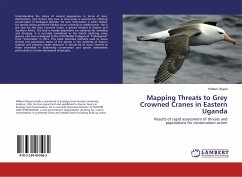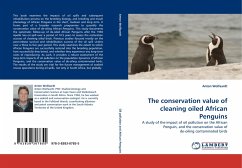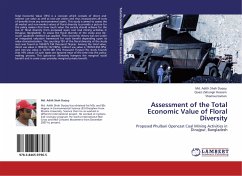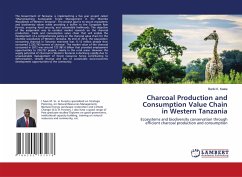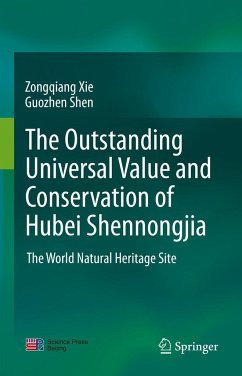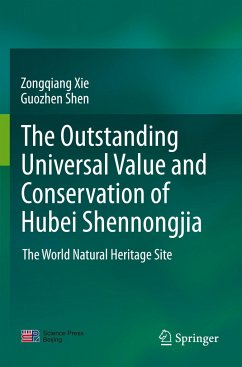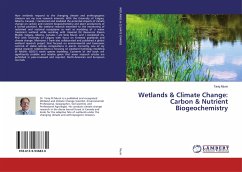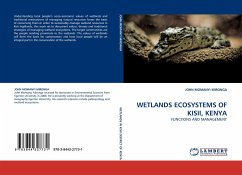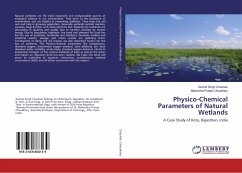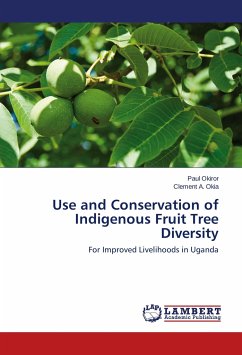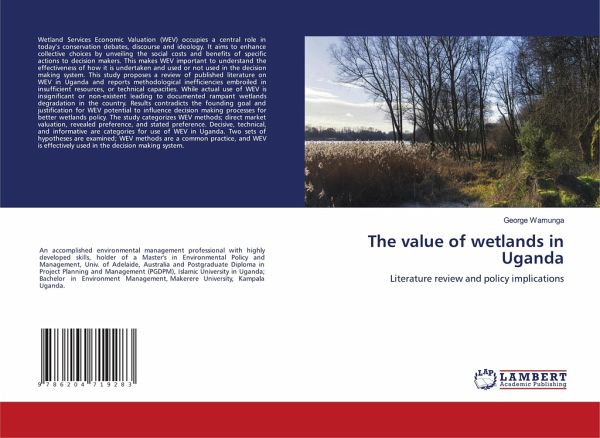
The value of wetlands in Uganda
Literature review and policy implications
Versandkostenfrei!
Versandfertig in 6-10 Tagen
27,99 €
inkl. MwSt.

PAYBACK Punkte
14 °P sammeln!
Wetland Services Economic Valuation (WEV) occupies a central role in today's conservation debates, discourse and ideology. It aims to enhance collective choices by unveiling the social costs and benefits of specific actions to decision makers. This makes WEV important to understand the effectiveness of how it is undertaken and used or not used in the decision making system. This study proposes a review of published literature on WEV in Uganda and reports methodological inefficiencies embroiled in insufficient resources, or technical capacities. While actual use of WEV is insignificant or non-e...
Wetland Services Economic Valuation (WEV) occupies a central role in today's conservation debates, discourse and ideology. It aims to enhance collective choices by unveiling the social costs and benefits of specific actions to decision makers. This makes WEV important to understand the effectiveness of how it is undertaken and used or not used in the decision making system. This study proposes a review of published literature on WEV in Uganda and reports methodological inefficiencies embroiled in insufficient resources, or technical capacities. While actual use of WEV is insignificant or non-existent leading to documented rampant wetlands degradation in the country. Results contradicts the founding goal and justification for WEV potential to influence decision making processes for better wetlands policy. The study categorizes WEV methods; direct market valuation, revealed preference, and stated preference. Decisive, technical, and informative are categories for use of WEV in Uganda. Two sets of hypotheses are examined; WEV methods are a common practice, and WEV is effectively used in the decision making system.



